Is there a middle ground in the abortion debate?
Good morning,
Abortion has been a hotly debated subject for decades and even more so since a draft abortion opinion by Supreme Court Justice Samuel Alito made its way into the public eye.
In the month since the leak, the heated debate over whether or not to overturn the 1973 decision of Roe v. Wade has stirred up myriad complex emotions, staunch opinions and sparked many protests by those both in favor and against repealing Roe.
More: Ohio lawmakers want to tell doctors what to tell their patients about abortions
This hot-button topic has polarized the pro-life and pro-choice camps more than ever.
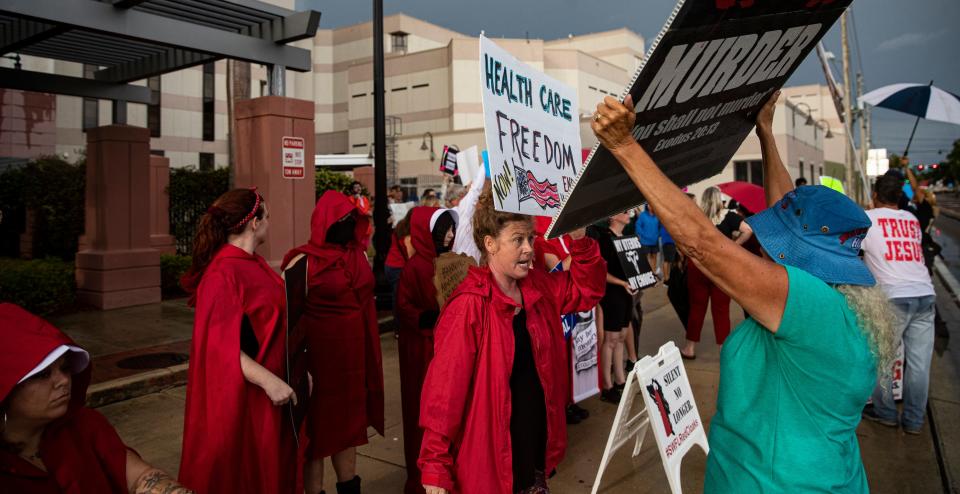
Even the religious community is torn apart on the matter.
In an opinion column that was published June 2 on Dispatch.com and the following day in print, five Ohio clergy shared their opposition to House Bill 598, the Enact Human Life Protection Act, which if passed, would immediately ban all abortions in Ohio — with no exceptions for rape or incest — if the U.S. Supreme Court overturns Roe v. Wade.
After proponent testimony for House Bill 598 was heard by the House Government Oversight Committee from The Center for Christian Virtue, the five faith leaders testified before the committee on May 26 as to why the bill should not be passed.
One clergyperson, the Rev. Joan VanBecelaere of Unitarian Universalist Justice Ohio, said society should honor the "God-given worth, dignity and autonomy of persons," including the right to decide what happens to their bodies.
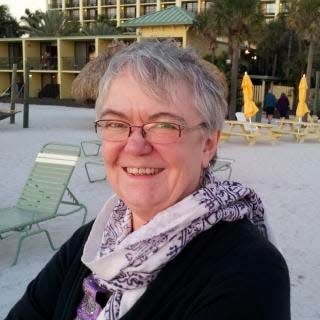
"I have seen the anguish of pregnant persons when their autonomy and necessary medical care were denied in the past. Ohio House Bill 598 would take us backward to those days when rights were denied, physical and mental health was ignored, and people died trying to obtain the medical care they desperately needed."
More: More women will die 'horribly, always needlessly' in post-Roe America |Opinion
In two columns that show the dichotomy of the abortion issue, Matriots CEO Emily Quick Schriver and Elizabeth Whitmarsh, communications director for Ohio Right to Life presented their respective arguments against and in favor of outlawing abortion.
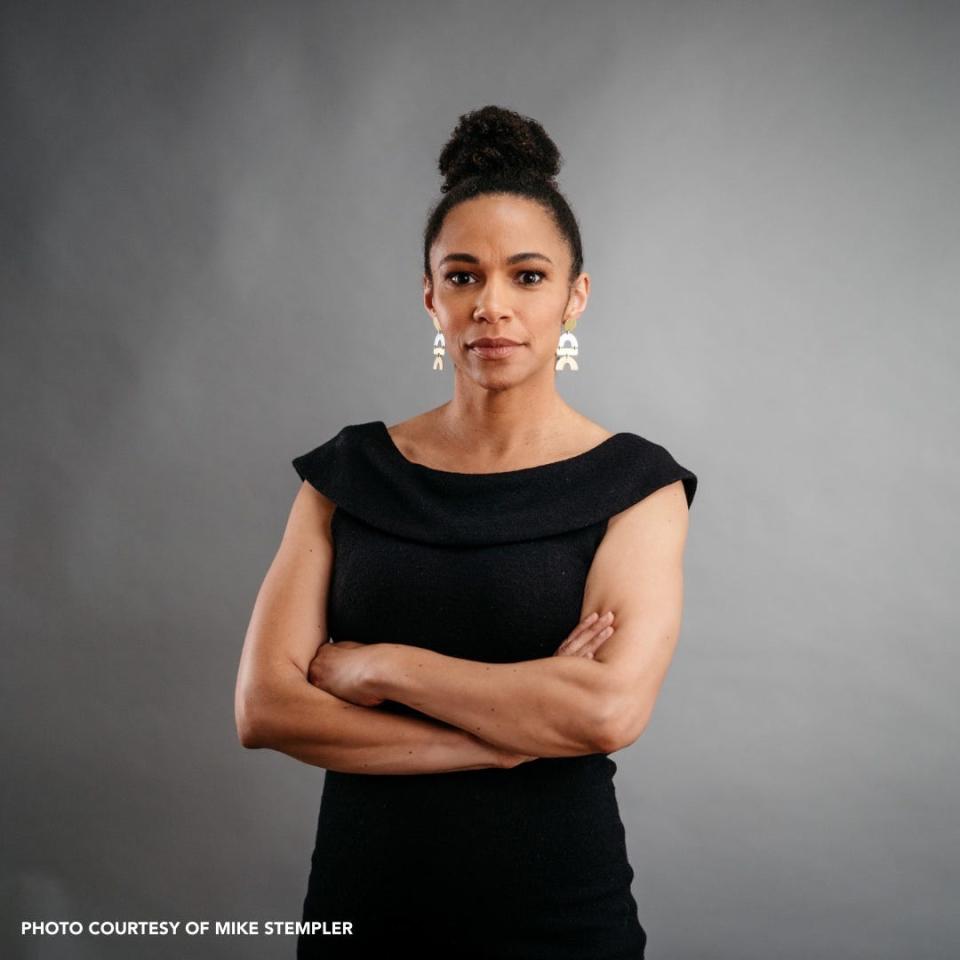
Schriver took the stance that bodily autonomy is "a core requirement for economic prosperity." She wrote:
"Removing the ability for women to control what happens to their bodies will lead to costly upheaval in the state economy as more women — our state’s chief consumers and primary caregivers — are unable to pay for necessary goods, feel forced to leave the workforce, or must abandon their education."
Schriver cited "The Turnaway Study: Ten Years, A Thousand Women, And The Consequences Of Having - Or Being Denied - An Abortion " by Diana Greene Foster:
"It found that women who were denied abortions faced additional economic loss, such as an inability to continue full-time employment, pay for childcare, or being able to provide for other children in their home."
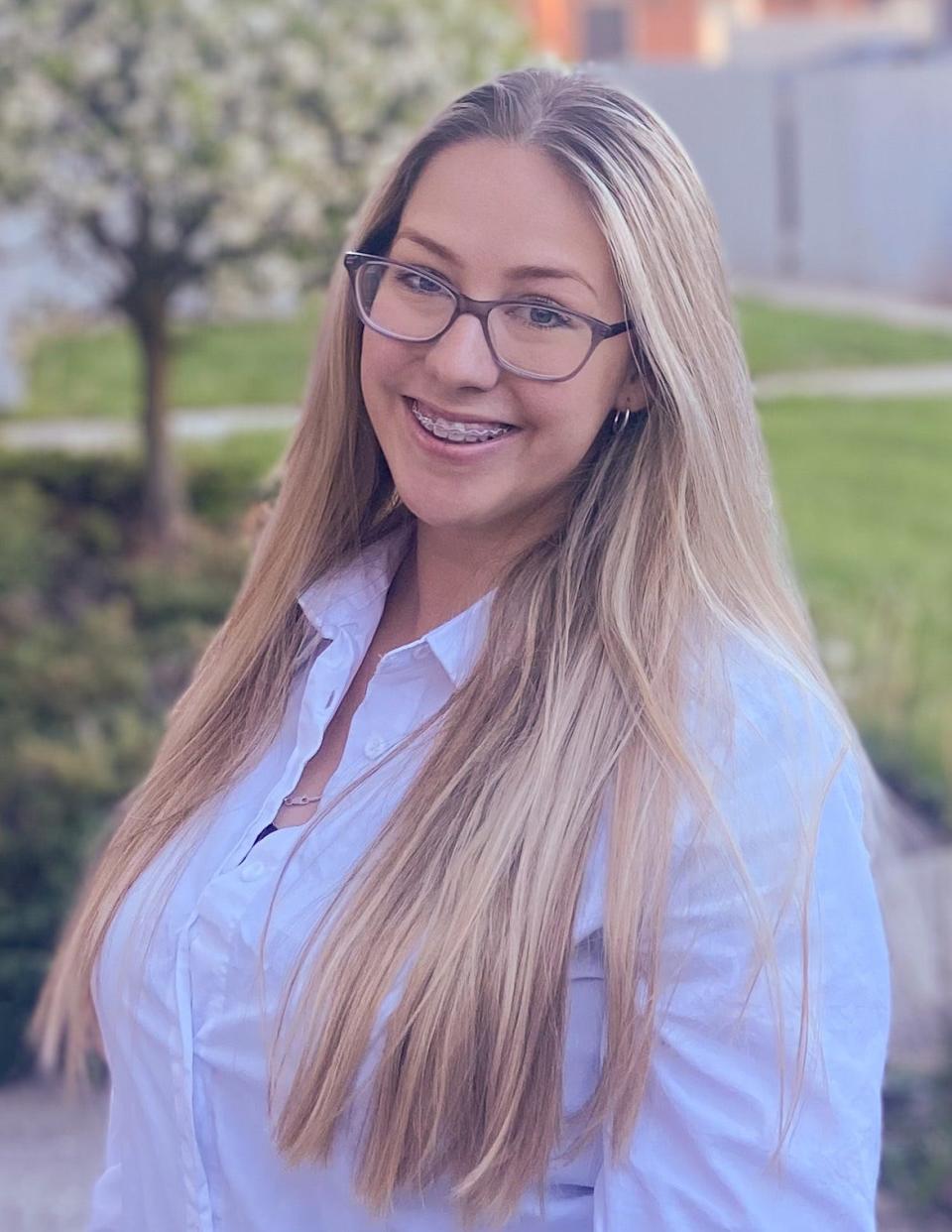
Conversely, Whitmarsh stated that pro-choice activists speak of abortion using "euphemisms" like "reproductive healthcare" and boil it down to a simple "choice."Posing the question, "Are some innocent human lives okay to kill?" Whitmarsh replied with an emphatic "no," adding:
"Ultimately, abortion is not 'reproductive healthcare.' It’s not an everyday procedure necessary for our health. It’s not a women’s rights issue. It’s the intentional ending of life in the womb. This issue has nothing to do with the restriction of women. It’s about the protection of all human life, including the mother in need and her child."
Whitmarsh also referred to studies she says show serious complications experienced amongst women who have undergone abortions.
"According to one as recent as 2021, there have been more than 2,600 adverse effects to chemical abortions (the abortion pill) found in women from 2000 to 2019, including 529 life-threatening cases and 20 deaths."
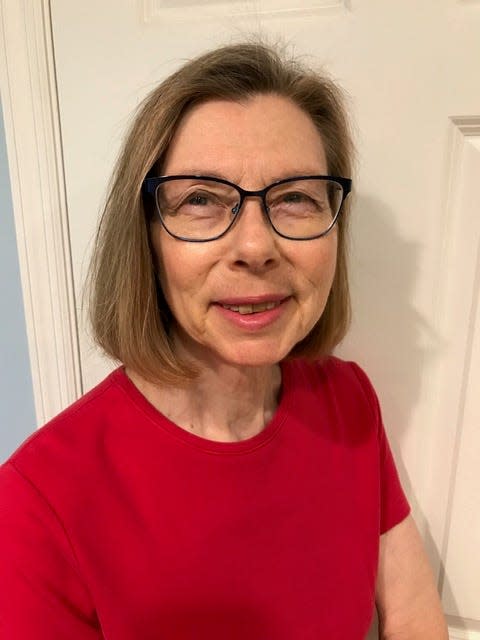
Taking a different approach, Virginia Kolberg Duym recounted her mother's pre-Roe experience with a life-threatening ruptured ectopic pregnancy:
"She told me this story about her miscarriage often enough that my sisters and I remember (the) details. Thinking about it now, we realize this was not a spontaneous miscarriage. To save her life, (the doctor) had to remove the fetus that would never have been viable. He would have had to perform an abortion.
Speculating about a future in which abortion is illegal, Duym said:
"Does anyone want a child to grow up knowing her mother died because the doctor wasn’t allowed to save her life? That would be a different kind of miscarriage — of justice."
YOUR TAKE?
What is your stance on this complex matter? Is there a way to resolve the debate between the diametrically opposed pro-life and pro-choice groups?
Let us know in a letter to the editor of 200 words or less sent to Letters@Dispatch.com. Include your name, address and phone number.
LETTERS YOU MAY HAVE MISSED
More: Letters: Abortion column stated opinion as fact. Portman has final shot at redemption.
More: Letters: Parents hand children their biggest weapon: phones. Reconnect kids to real world.
More: Letters: Teacher carries weight of heroism. 'How many more small coffins will we weep over?'
More: Letters: Rip off the 'Band-Aid' on all mass shootings. Throw out do-nothing legislators.
WHAT'S ON YOUR MIND?
Let me know your thoughts on the topics mentioned above or any others in a letter to the editor of 200 words or less emailed to Letters@Dispatch.com.
Include your name, address and daytime phone number. The address and number are needed for verification and won't be published.
If someone sent you this email, make sure you subscribe to this newsletter to never miss the Conversation.
More: How to submit a letter to the editor for The Columbus Dispatch
And while I am at it, join the Columbus Dispatch Conversation Facebook group. It is a place to share in meaningful discussions.
Please consider subscribing to this newsletter if you are not already.
Thanks for reading,
Belinda M. Paschal, assistant features editor
Email: bpaschal@Dispatch.com
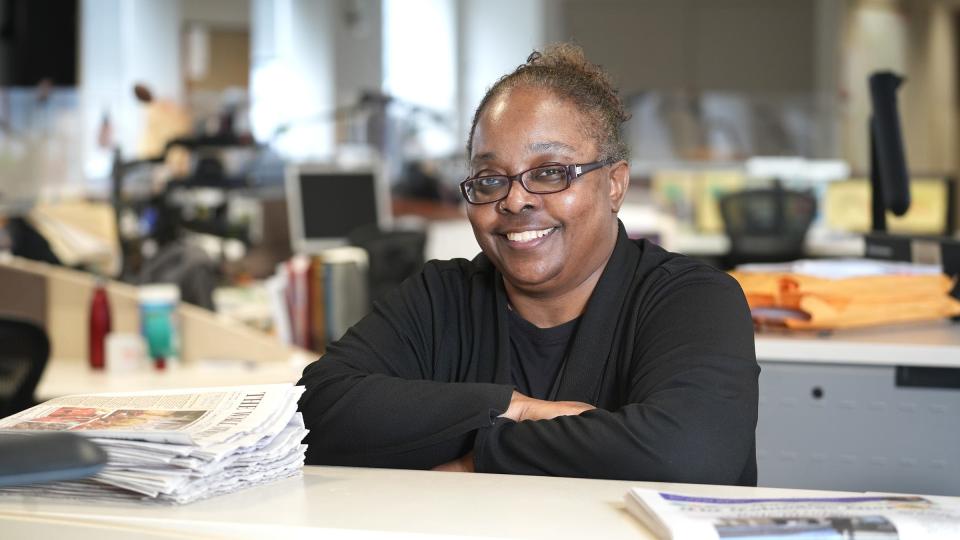
Opinion and Community Engagement Editor Amelia Robinson also can be reached at:
Email: arobinson2@Dispatch.com
Twitter: @1AmeliaRobinson
Facebook: Amelia Robinson
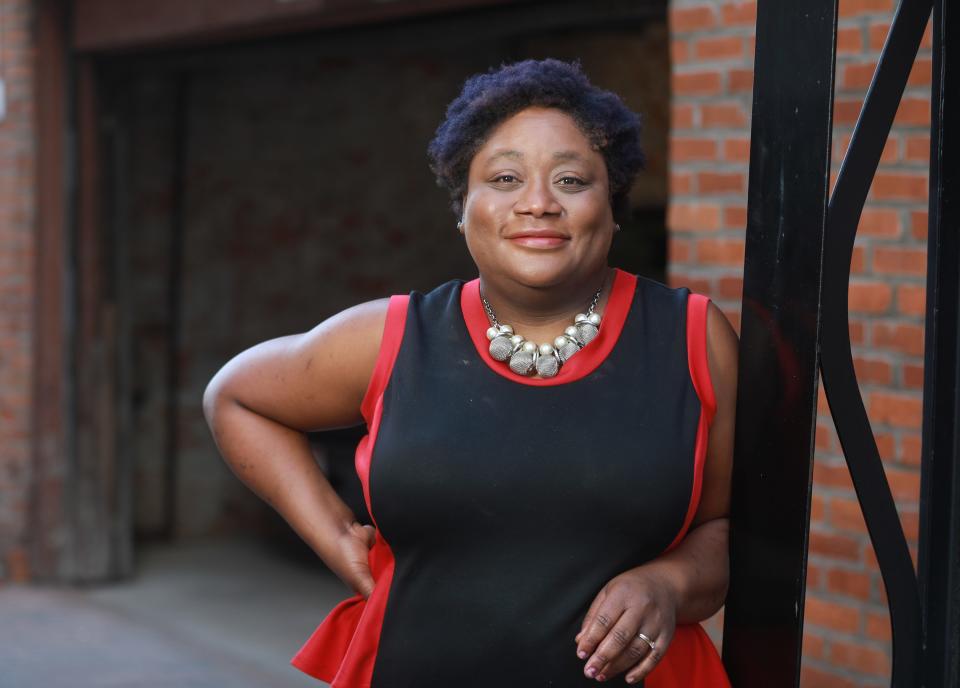
This article originally appeared on The Columbus Dispatch: Is there a middle ground in the abortion debate?

